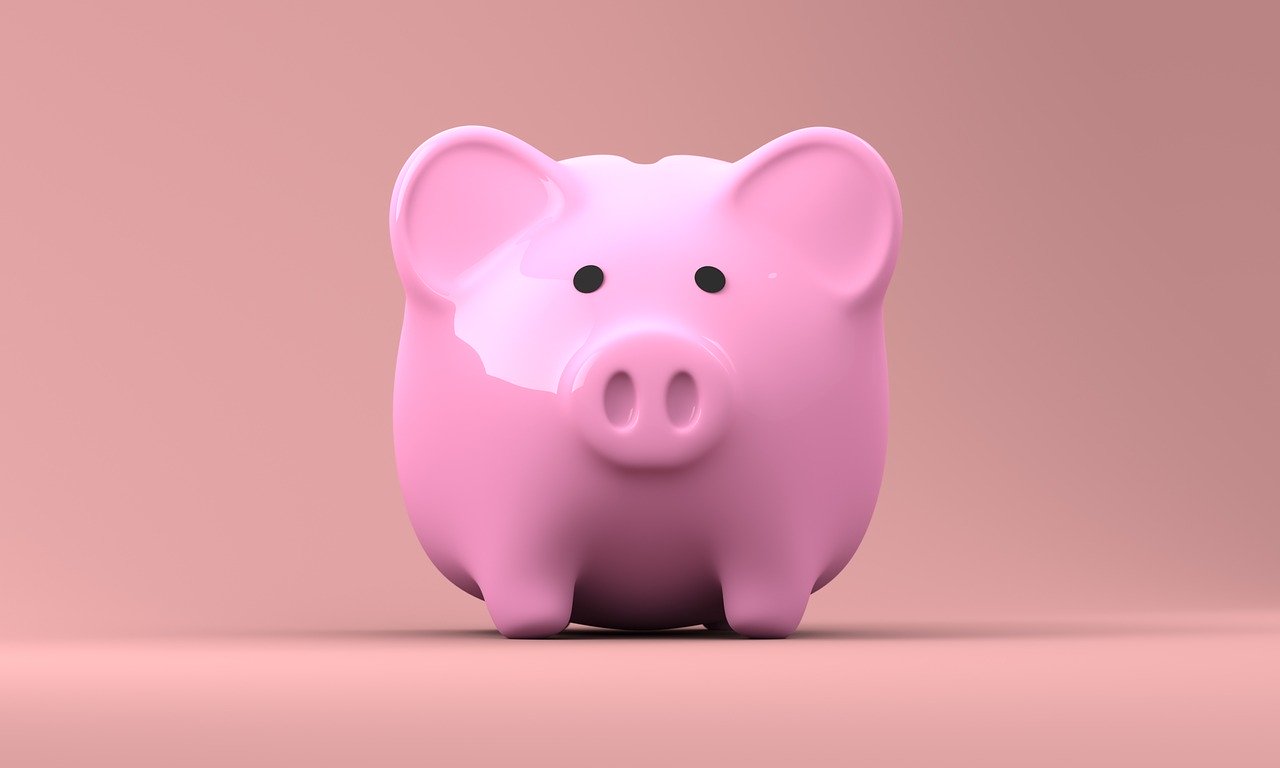That way, you can free up funds for the vital products and services in your life, such as food, accommodation and electricity, while steadily raising your bank balance.
The tricky part of this plan is identifying those expendable purchases, including extras that feel like essentials because you’ve grown used them, and repeat purchases you may have forgotten about because they’re paid for through the bank.
Here are some pointers to help you check and review all your outgoings.
Luxury items
You may consider certain items as “must-haves,” which are, in fact, treats you can survive without. Chocolates, wine, and cigarettes, for instance, are all luxuries, and correspondingly expensive. Give up your favorite speciality for a period of time and see your savings rise.
Beauty services
Having your hair cut professionally may seem like an essential expense, but when funds are short, it could be worth cutting it yourself or asking a friend to trim it for you. You can find help online for cutting and styling your own hair.
Similarly, if you pay a manicurist to cut your nails, you could take over this role yourself, saving money again. Other beautifying services, such as tanning, waxing, tattooing and piercing, are also extras that you can live without, so it makes sense to avoid them all and hold onto your money.
Magazines
If you’re in the habit of buying daily papers or weekly magazines, it’s time to quit that custom for a while. You can access most news, commentary and general information online for free, and you’ll make handy savings by resisting printed publications.
If you crave the pleasure of turning those crisp leaves, perhaps you have some past issues to revisit, or a friend who’d be happy to pass on their copies after reading.
Memberships and subscriptions
Repeat payments made through your bank can eat away at your income without you noticing. Check through your account for subscriptions, donations and other repeat payments, and ask yourself whether you could manage without them.
If you belong to a gym, for instance, you could save money by cancelling your membership and exercising at home instead for the time being.
If you are paying insurance premiums, make sure they are still relevant to your needs, and if they seem high, shop around for a cheaper deal. With regard to charitable donations, it’s advisable to cancel these while in need yourself; you can give again as soon as your budget will allow.
Convenience products
You may take modern conveniences for granted, but it’s important to remember that they cost money. Electrical appliances, for instance, will add to your running costs whenever you use them, and replacing them can also be costly, so try not to rely on them.
Many domestic chores, such as washing the dishes and cleaning the floor, can be done by hand rather than machine, saving electricity costs each time. Convenience foods also tend to be expensive, so you can save money by bulk-buying the ingredients of your favourite dishes and preparing them yourself.
See what other convenience products you can do without for a while.
Shopping sprees
With online shopping, you can add to your cart at the click of a button, so it’s tempting to add anything that catches your eye.
In-store shopping risks similar temptations, with all sorts of attractive items in easy reach. But remember that every extra item you pick will add to your expenses, however low the price and whatever deal may be on offer. It’s therefore crucial to make a shopping list beforehand, and stick to it as far as possible.
There are all sorts of ways to reduce your financial outgoings, so keep checking and cutting back in every way you can. Give your spending habits a shake-up, and watch your savings grow.




